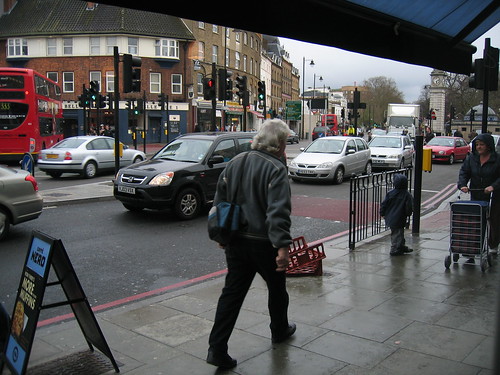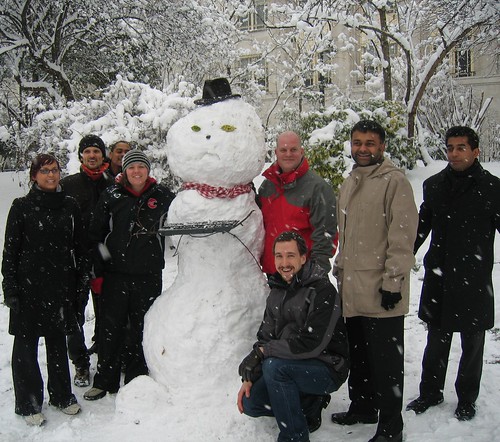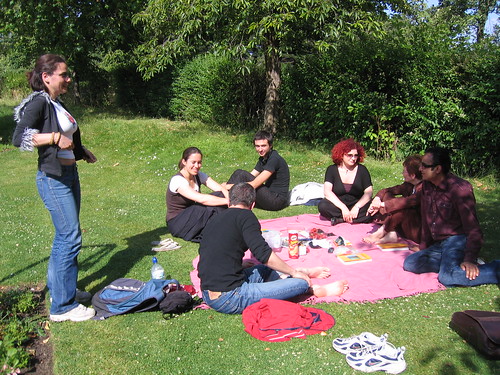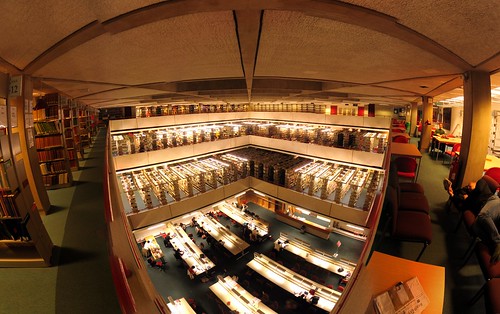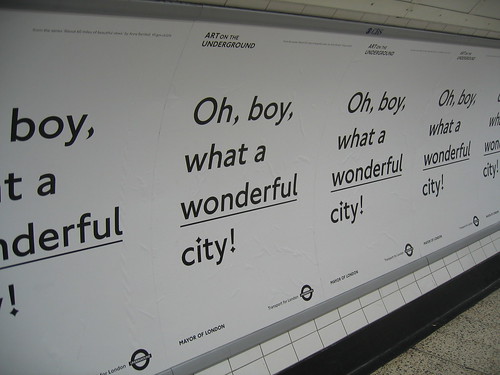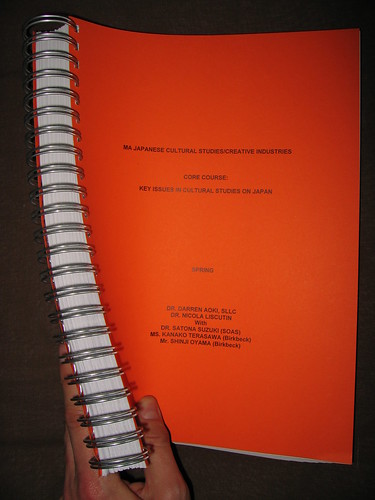Escuchas en la Casa Blanca
— Señor presidente. — Fenosilla. Dime. — ¿Tiene un minuto? — Siempre para ti, Fenosilla. — Preguntan por Obama al teléfono. — ¿Quién es? — Ay, otra vez se me ha olvidado preguntar, presidente. — Pues mira el número en la pantalla, hombre. — Es que no tiene pantalla; es un teléfono de rosquilla. — Termino de tuitear una cosita y estoy contigo.
〜
— Buenas tardes, soy Obama. Barack, sí. Ah, hola. Sí. Ajá. No, hoy está mejor la cosa. Sí, anoche refrescó un poquito y soplaba algo de aire, pero por lo menos no dan lluvia en Washington. ¿Y allí? Me alegro. Sí. ¿El martes? Lo voy a mirar, pero me da a mí que ya estoy hasta arriba de cosas. Yo le llamo, sí. Adiós. Póngame a los pies de su señora. — ¿Quién era, presidente? — Jon Stewart, que me busca para que vaya a su programa. — Claro, le habrá visto con Jay Leno y le ha dado envidia. — ¿Qué tal estuve, Fenosilla? ¿No soy el presidente más carismático, humano y dospuntocérico del Mundo Libre? — Rutilante, señor. El chiste de American Idol y Simon Cowes le salió bordado. — Bueno, bueno… En los ensayos me salía mucho mejor. — Precisamente tenía que decirle algo sobre… — Huy, quería preguntarte yo: el vídeo para los franceses, ¿qué te ha parecido? — El vídeo para los iraníes, quiere decir… — Bueno, sí; eso. ¿Me has visto hablando en iraniense? Se le ocurrió a Corvejosa, pensó que sería un detallazo. Al final del mensaje, me descuelgo con un «eid-eh shoma mobarak». Como por casualidad, oye. — Brillante, señor presidente. — Y el primer plano; ahí, enseñando labiacos… Todo tan humano. Yo creo que va a ser rompedor. Los iranianos se van a dar cuenta de que somos buena gente y van a dejar la bomba esa a medias, no la van a encender siquiera. — Sin duda, señor. Y ahora que YouTube traduce los subtítulos en tiempo real a un montón de idiomas, su mensaje va a llegar a más gente todavía. — Sí. Un mensaje firme de esperanza para todos y cada uno de los ciudadanos valientes de este país, ciudadanos que se preocupan por lo que importa: sanidad para todos, un sistema justo y una educación de calidad para sus hijos e hijas. Os puedo adelantar que el camino que tenemos por delante no será fácil; las soluciones que América necesita exigen del trabajo y el compromiso que… — Presidente. Señor. Que se embala. — Ay, es que es tan bonito que me emociono yo mismo… Oye, pero el YouTube es la leche. ¿Puedo nombrar a un gay vegano discapacitado de ascendencia esquimal como nuevo director general de YouTube? — No, señor. YouTube es una empresa privada; no nos pertenece. — Cachis, habría quedado muy humano. En fin, ¿qué me querías decir, Fenosilla? — Verá, es que algunos de sus asesores están preocupados, piensan que quizás estamos cometiendo algunos errores con su imagen pública. — ¿Qué quieres decir? Eso es imposible; estoy siendo cuidadoso, como me dijísteis: a Cynthia no pienso traerla al Despacho Oval (y mira que me cuesta aguantarme las ganas, porque las cortinas esas, no sé que tienen que me ponen burraco). Cuando Joe pasa la noche con los niños siempre los metemos y los sacamos de su casa por la puerta de atrás. Si voy a un banquete durante el Ramadán siempre hago como que mastico y tiro la comida debajo de la mesa con disimulo, ¡y la mezquita la tenemos escondidísima en el subsótano! — No es eso, presidente, sino algo mucho más importante. — ¿El qué? ¿El qué? Siempre llevo el pin con la bandera. Caldevila me dijo que eso era lo más importante de todo. — Sí, sí; eso es lo principal. Pero es que alguna gente se está preguntando si no se está usted olvidando de algo importante. En concreto, de lo que viene siendo el tema de lo que es gobernar, mayormente. — ¿Gobernar? Nadie me dijo nada de eso. ¡Yo tengo carisma y emociono a la peña! ¿No basta con eso? — Disculpe, presidente… (¿Corvejosa? ¿Caldevila? Tenemos un código rojo en el Ala Oeste.)
